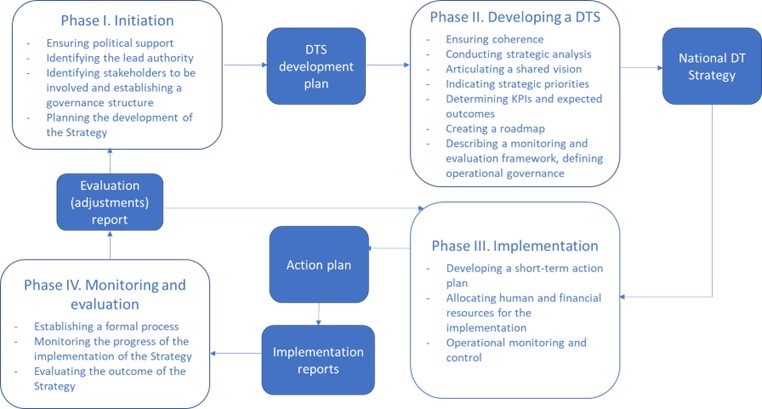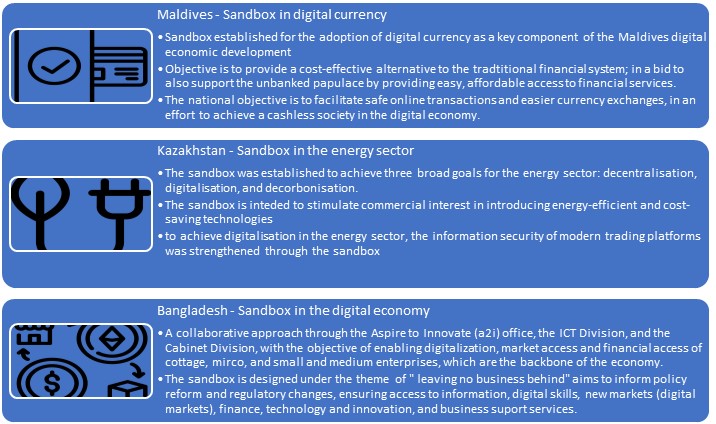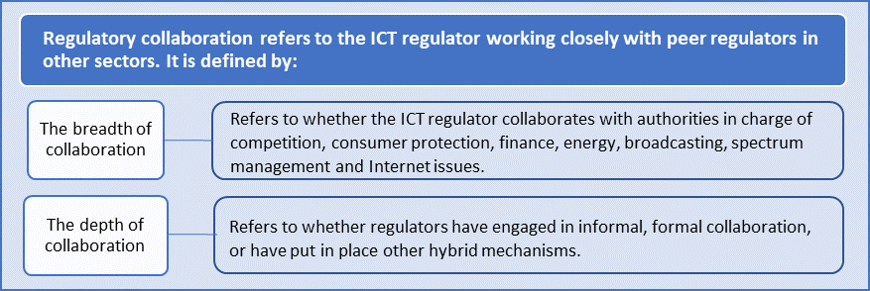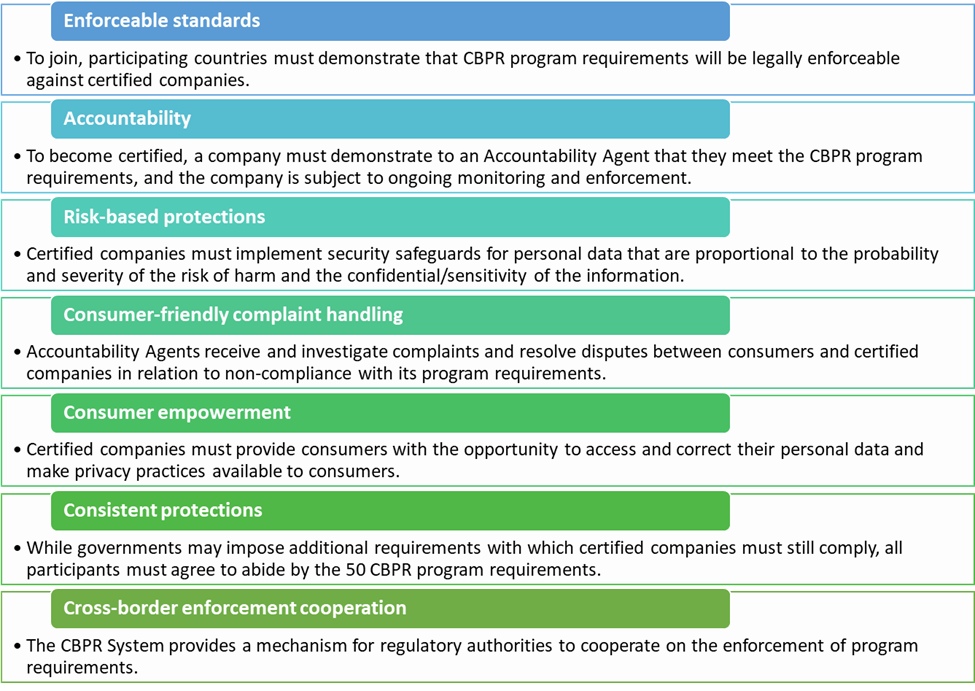
National digital transformation strategy – mapping the digital journey
06.07.2023Introduction The COVID-19 crisis has accelerated digital transformation across the globe. The lockdown situation pushed much of the world online, and the use of digital technologies became indispensable to guarantee the continuity of public, private, and social life. This acceleration has amplified processes that have been under way for decades, resulting in the pervasive impact of digital technologies on many domains: from the individual level (engaging in online learning, working, and shopping) to entire nations (shifting towards digital economies, governance, society), from companies (chasing new business models, new services, new ways to deliver) to entire industries (moving to process automation,…
Read »







